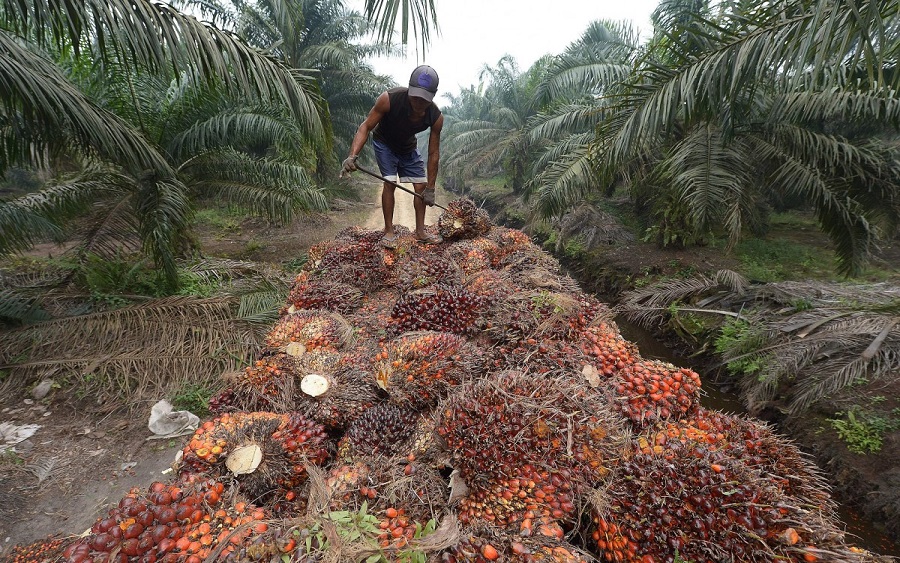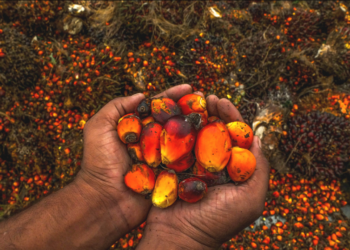In order to check the increasing cases of smuggling of palm oil products and other products not eligible for foreign exchange into the country, the National Palm Produce Association of Nigeria (NPPAN) has called on the Nigerian Government to shut its borders against neighbouring countries.
Credit to the farmers: The group has also called on the Central Bank of Nigeria (CBN), to make credit available to producers of palm oil, using modalities different from those used when the farmers were granted loans under the Federal government’s Anchor Borrowers’ Programme (ABP). According to the group, while the Central Bank provided loans at a 9% interest rate under the Borrowers’ Programme, such arrangement would not work for palm oil production, owing to the gestation period of the product.
[READ MORE: ABCON advocates for exchange rate of N250/dollar]

The president of association, Mr. Henry Olatunjoye, while addressing newsmen in Abuja, said if the Federal Government was to achieve its self-sufficiency objectives in palm oil production, which is in line with the presidential directive to the apex bank, then credit with at least 7 years moratorium at a 2% interest rate, should be given to operators in the sector.
“We are appealing to the CBN governor to liaise with stakeholders to get our feelings across and chart a way forward. We are not against his ambition to develop the industry but we are saying that the implementation is faulty in the way the policy is going. Our problem is not the ban on Crude Palm Oil but that borders must be totally shut against illegal importers.”
[READ FURTHER: Emefiele “regrets” the discovery of oil for Nigeria’s economy]
Nigerian Government loses billions of naira yearly to smuggling: As earlier reported by Nairametrics, the Central Bank Governor, Mr. Godwin Emefiele, had earlier disclosed that if Nigeria had maintained its dominance in the palm oil industry, which stood at 40% in the 1970s, it should be earning over $20 billion yearly as foreign exchange.
The challenges experienced in the industry, as outlined by Mr. Olatunjoye, is not in the importation of palm oil but the unrestricted flow of the Crude Palm Oil (CPO), refined vegetable oil and fats that always find its way into the Nigerian market. This poses threat to the local market, thus making government lose billions of Naira every year.
“Our advice is that the government should write letters to all its neighbours that are in West Africa that such illegal importation will carry serious consequences. This move will now prevent them from making Nigeria a dumping ground.”
Reviving the sector requires huge investments into the development of research centres across the country and the discouragement of the importation of any of the banned items.


















